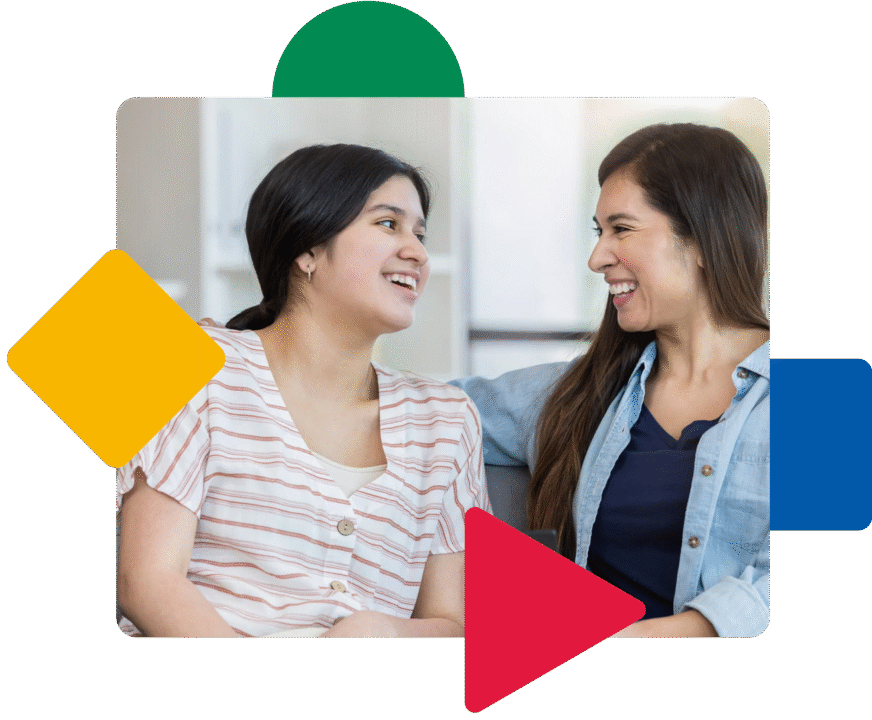Teaching PreK Students Self-Regulation in Class Discussions
Get free social skills materials
No-prep lessons on self-regulation, emotional recognition, conversation skills, and more.
Sign up hereIntroduction
As educators, we know the importance of teaching self-regulation skills to our PreK students in order to create a positive learning environment. Self-regulation is the ability to manage one’s thoughts, feelings, and behaviors in order to achieve a goal or complete a task. In a classroom setting, this skill helps students to listen attentively, wait their turn to speak, and focus on the lesson. In this blog post, we will explore a no-prep activity that encourages self-regulation in class discussions, followed by discussion questions to further engage students, and related skills that support social-emotional learning.
No-Prep Activity: The Listening Bubble
To help students practice self-regulation during class discussions, try using the “Listening Bubble” activity. This activity requires no preparation or materials from the educator. Here’s how it works:
- Ask your students to imagine they are surrounded by a bubble when they are listening to someone speak. This bubble is their “Listening Bubble.”
- Explain that when they are inside their Listening Bubble, they should focus on the speaker, keep their mouths and bodies quiet, and wait for their turn to speak.
- During class discussions or lessons, remind students to stay inside their Listening Bubble and practice self-regulation. You can use a simple phrase like “Remember your Listening Bubble” as a gentle reminder.
- After the discussion or lesson, praise students who have successfully practiced self-regulation and stayed inside their Listening Bubble.
This activity helps students develop self-regulation skills by creating a visual reminder to focus on the speaker and wait their turn to speak. It also encourages students to be mindful of their own thoughts and actions during class discussions.
Discussion Questions
Use these questions to stimulate further discussion about self-regulation and the importance of listening during class discussions:
- Why is it important to stay inside our Listening Bubble during class discussions?
- How does staying inside our Listening Bubble help us learn better?
- Can you think of a time when you practiced self-regulation and stayed inside your Listening Bubble? How did it feel?
- What can we do if we find it difficult to stay inside our Listening Bubble?
- How can we support our classmates to practice self-regulation and stay inside their Listening Bubbles?
Related Skills
Self-regulation is an important skill for PreK students, but it’s not the only skill they need to develop. Here are some other related skills that support social-emotional learning:
- Active Listening: Encourage students to pay attention to the speaker, make eye contact, and ask questions to demonstrate they are actively engaged in the conversation.
- Empathy: Teach students to consider the feelings and perspectives of others, which can help them better understand the importance of self-regulation during class discussions.
- Patience: Help students develop patience by teaching them to wait their turn to speak and to be respectful of others’ opinions.
- Self-Awareness: Encourage students to recognize their own thoughts, feelings, and behaviors, and understand how they can impact the learning environment.
Next Steps
Now that you have learned about teaching self-regulation skills to PreK students during class discussions, it’s time to put these strategies into practice. To access more resources and activities that support social-emotional learning, sign up for free sample materials from Everyday Speech. You’ll find a variety of materials that can help you create a positive and supportive learning environment for your students.

